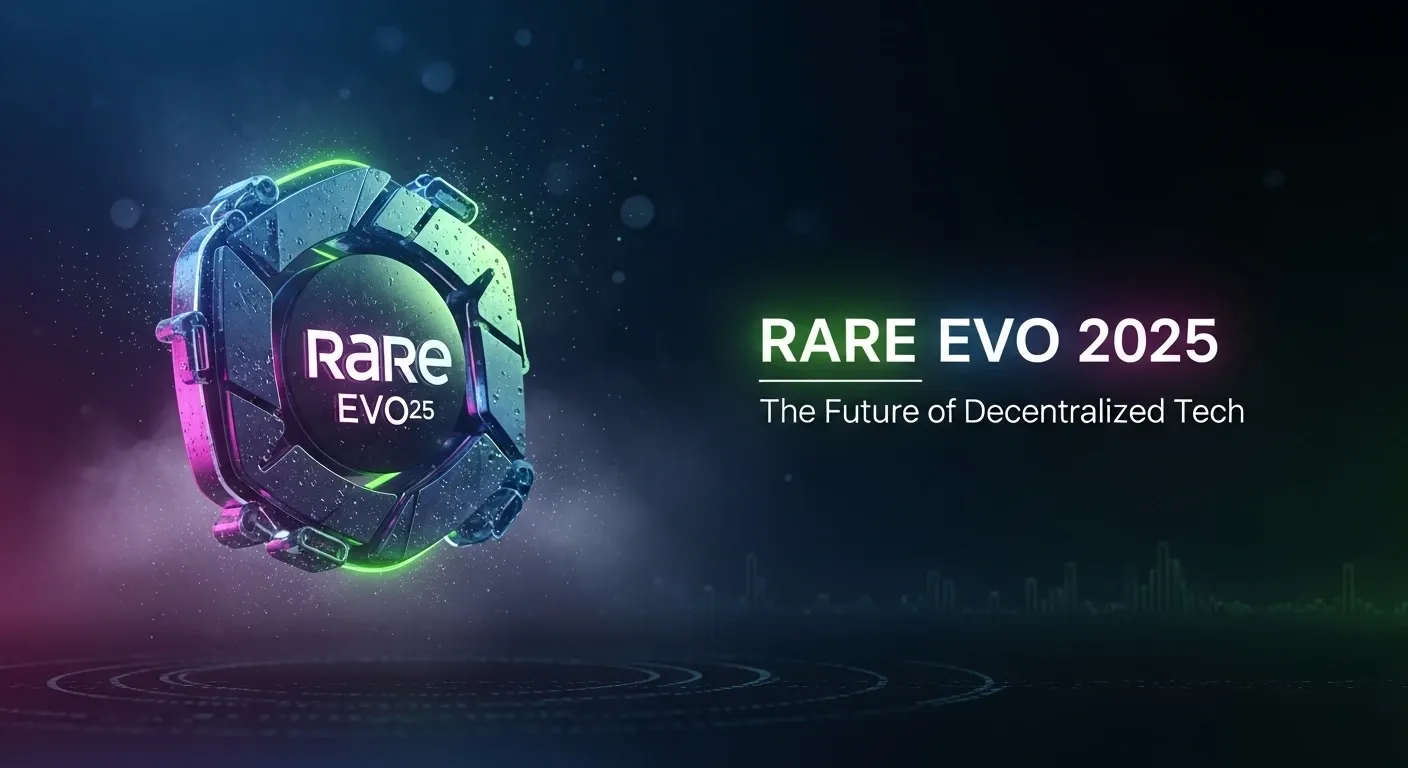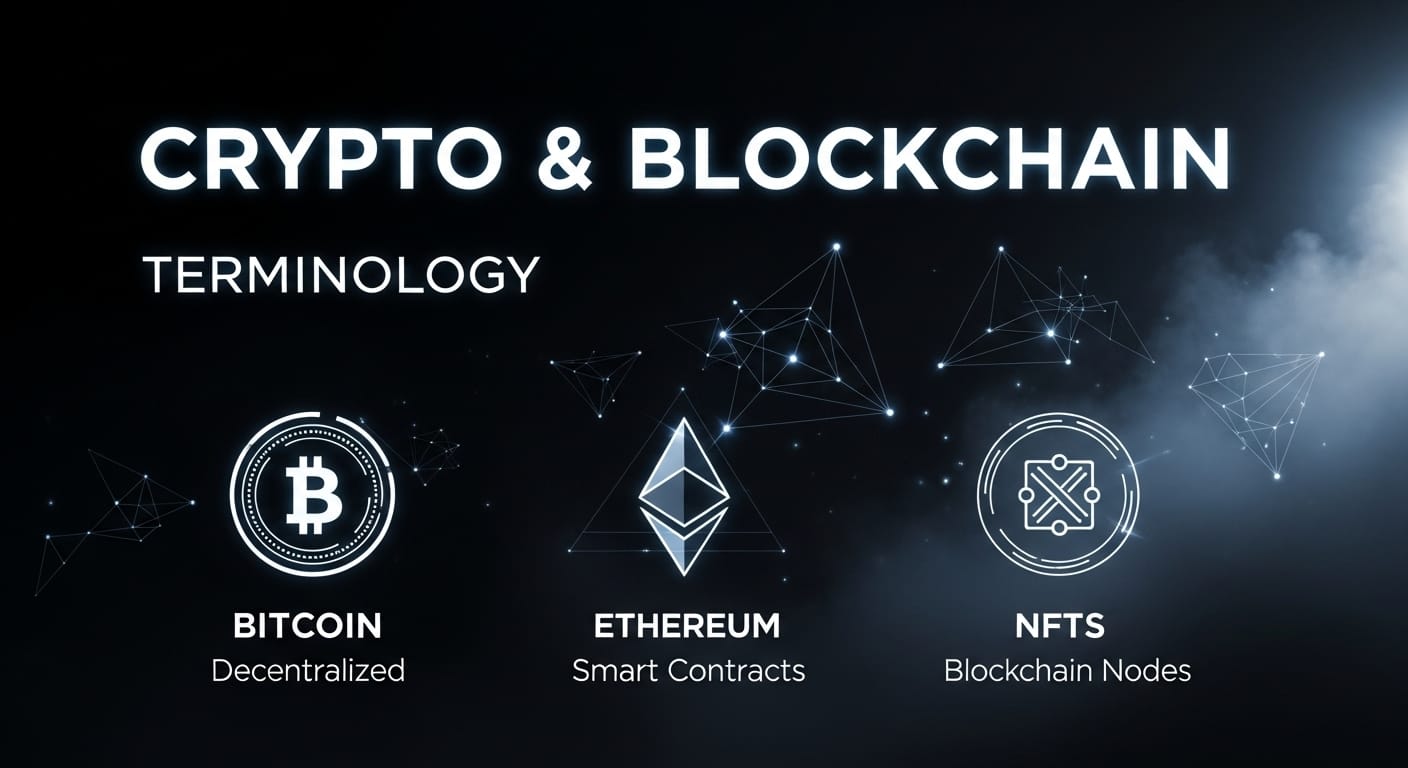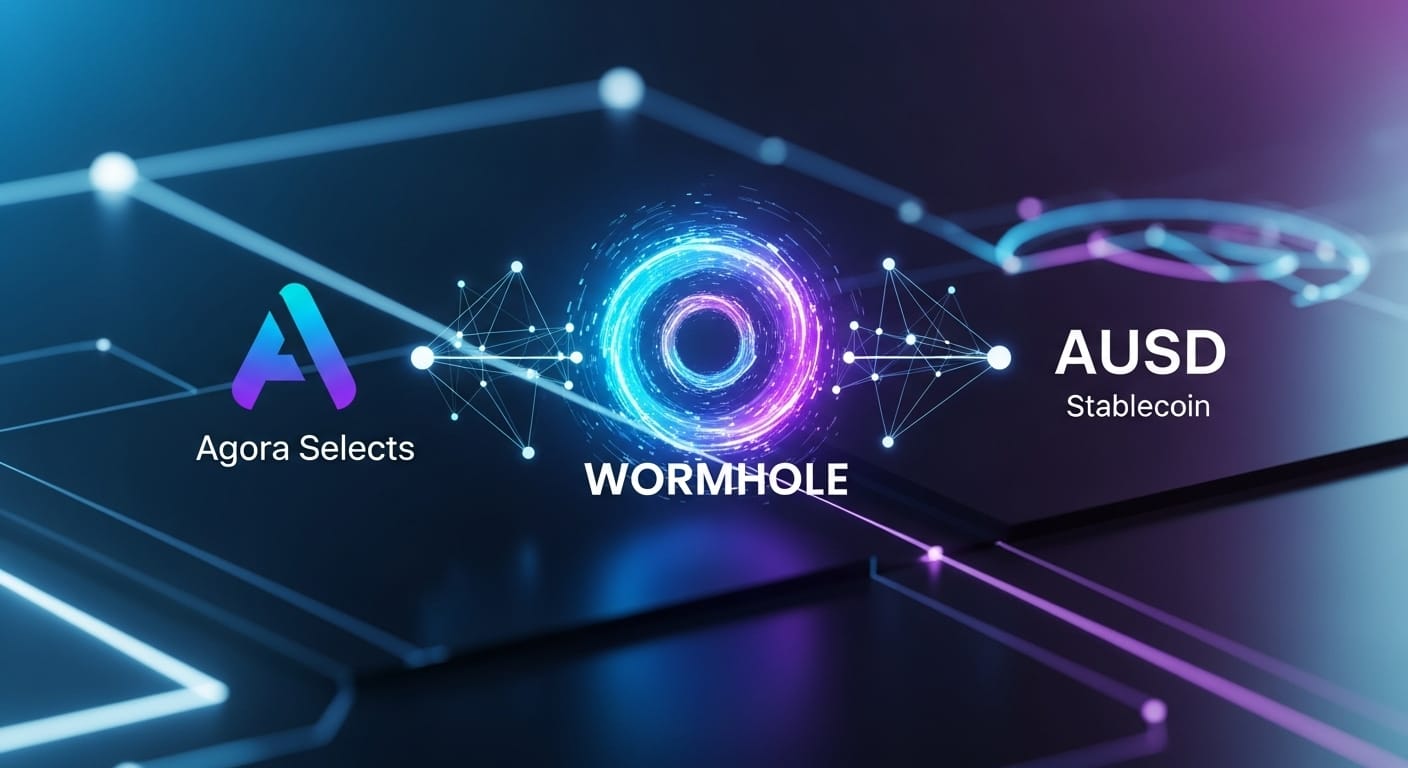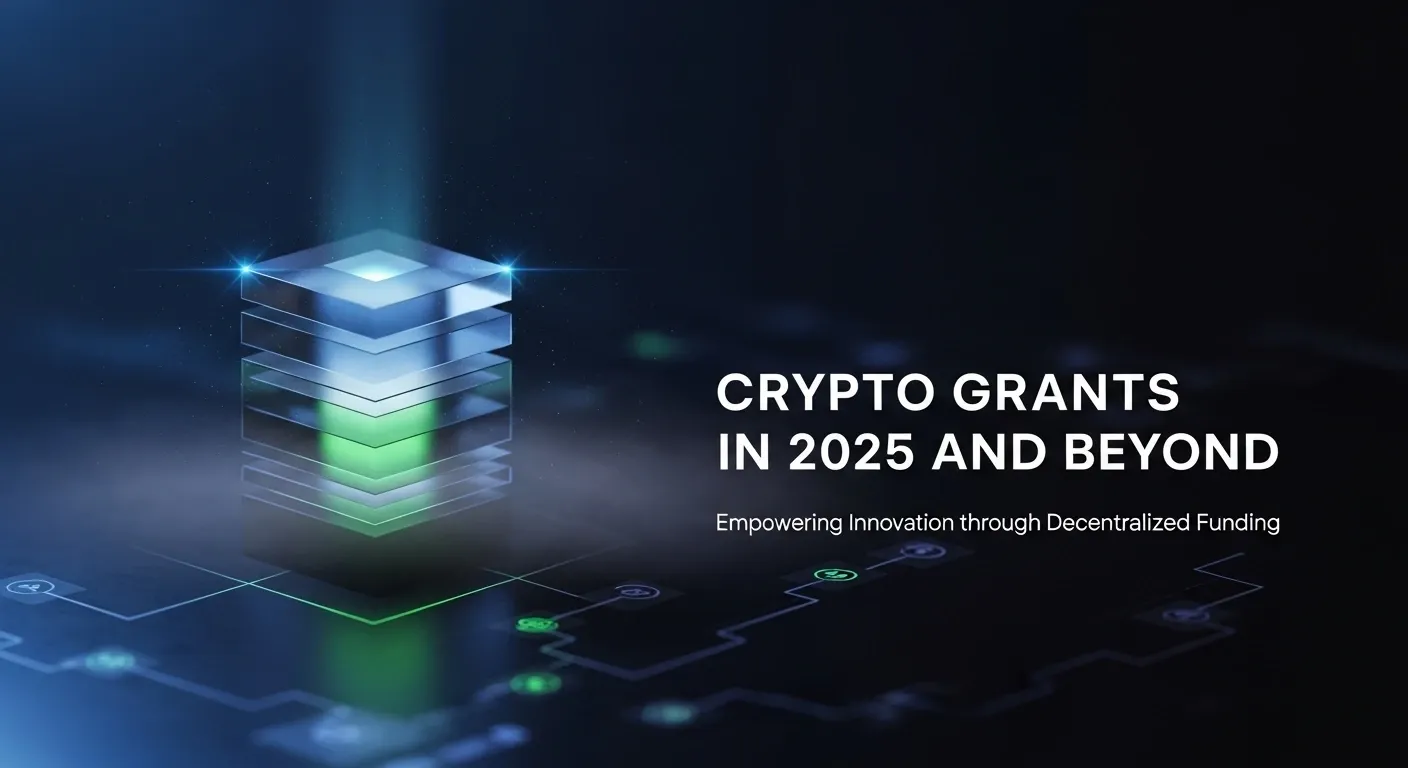
Blockchain
What powers the crypto revolution? CryptoBit Magazine’s Blockchain section explores decentralized ledger technology transforming industries. Learn about smart contracts, proof-of-stake, and layer-2 scalability solutions. Stay updated on blockchain innovations, enterprise adoption, and applications in finance and supply chain. Discover why blockchain, underpinning Bitcoin and Ethereum, drives transparency and trust in the digital era.










